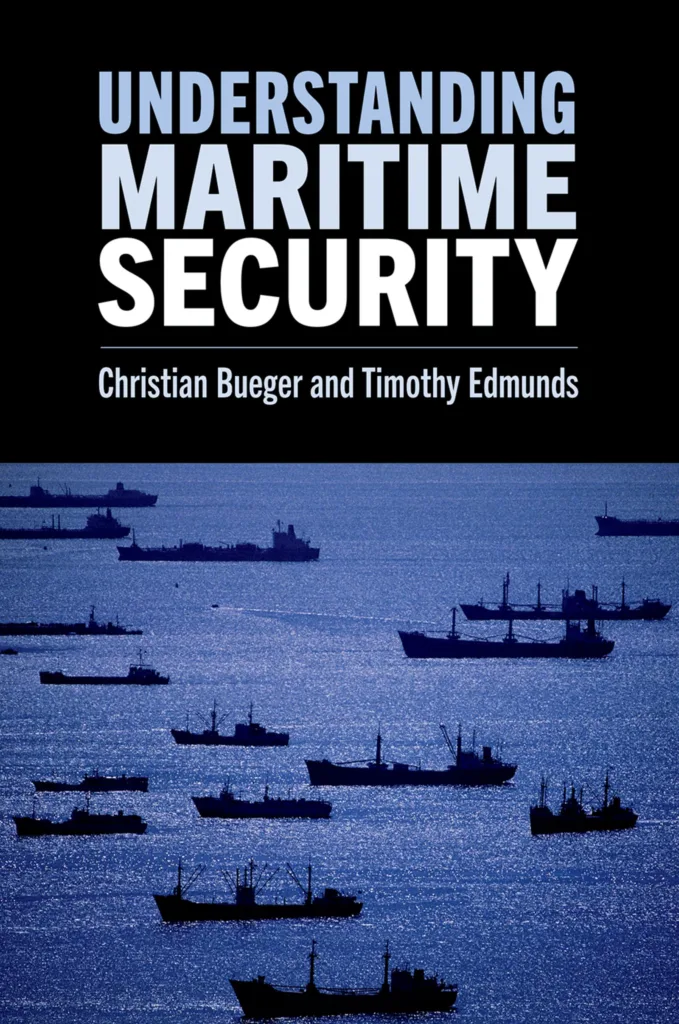
Understanding Maritime Security. Oxford: Oxford University Press (with T. Edmunds)
“An introduction into every conceivable aspect of the all-important task of maintaining good order at sea” (Geoff Till)
This book provides a concise introduction to the history and evolution of security issues at sea and their corresponding solutions. It equips maritime security analysts, professionals, and students with the necessary knowledge to comprehend maritime security in its entirety.
It is a must-read for anyone interested in security and the sea, and essential reading for those aiming to pursue careers in navies, coast guards, maritime law enforcement, or security and risk analysis.
Learn more about the book, availability, and the voices of reviewers here.
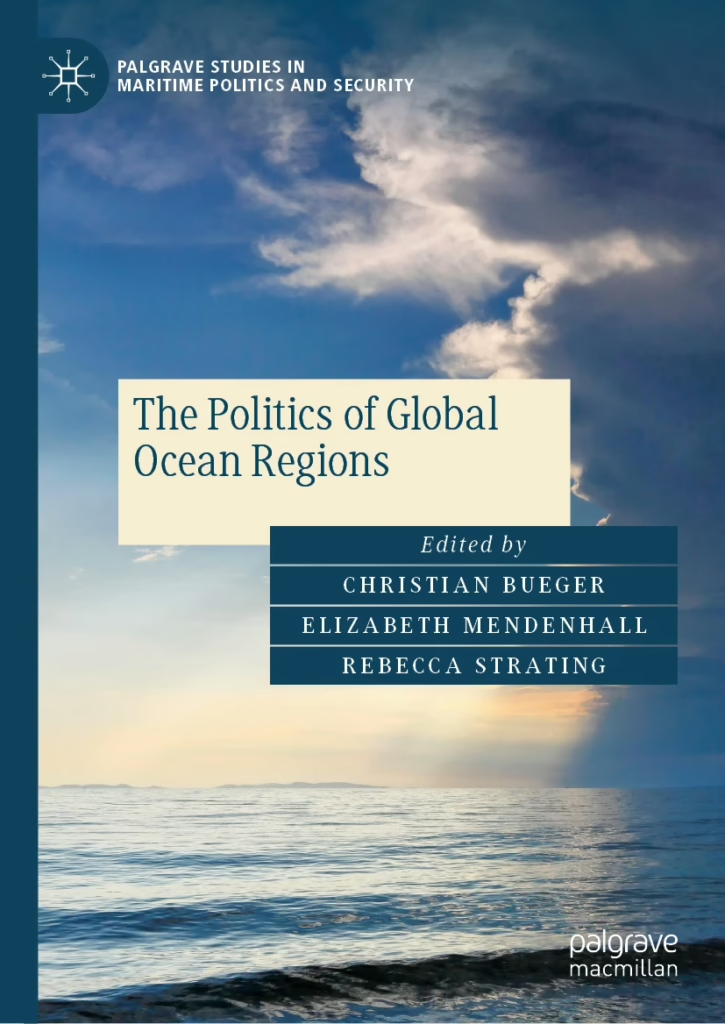
The Politics of Global Ocean Regions. Cham: Palgrave MacMillan (ed, with E. Mendenhall and R. Strating), 2025.
The oceans are not just vast expanses of blue, but dynamic political spaces shaped by complex regional dynamics. In this fascinating study, the authors advance a novel analytical framework for the study of the politics of global ocean regions. They shed new light on the complex interactions in ocean spaces such as the Arctic, Indo-Pacific or Indian Ocean.
Written by leading experts in different ocean regions, the book demonstrates how important, yet diverse and complex regional maritime politics are. Its emphasis on the emergence, organization, and effects of global ocean regions provides a useful framework for guiding future research. The book will be essential reading for students and analysts interested in regionalism, the oceans, and the governance of global commons.
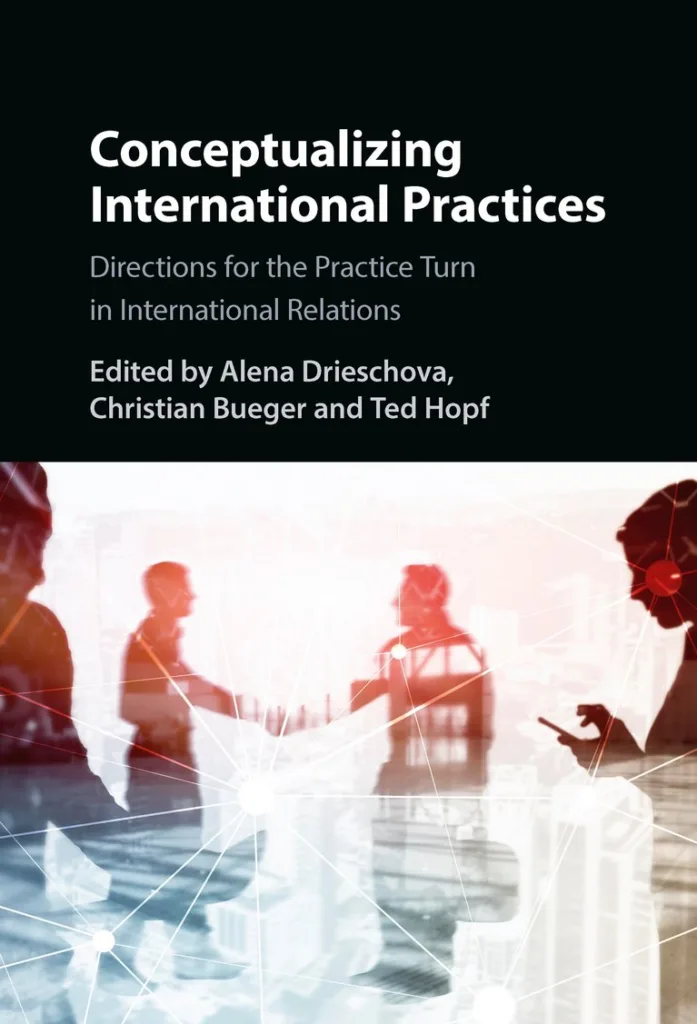
Conceptualizing International Practices. Directions for the Practice Turn in International Relations. Cambridge: Cambridge University Press (ed, with A. Drieschova and T. Hopf), 2022,
This book brings together the key scholars in the international practice debate to demonstrate the benefit of practice theories in the study of phenomena in international security, international political economy and international organization, by directing attention to concrete and observable everyday practices that shape international outcomes.
Each chapter investigates a key concept in international relations theory, such as power, norms, knowledge, change or cognition. The authors make a strong case that practice theories allow to ask new questions, direct attention to uncommon empirical material, and reach different conclusions about international politics. The book is for anyone interested in recent international relations theory and the actual practices of global politics,
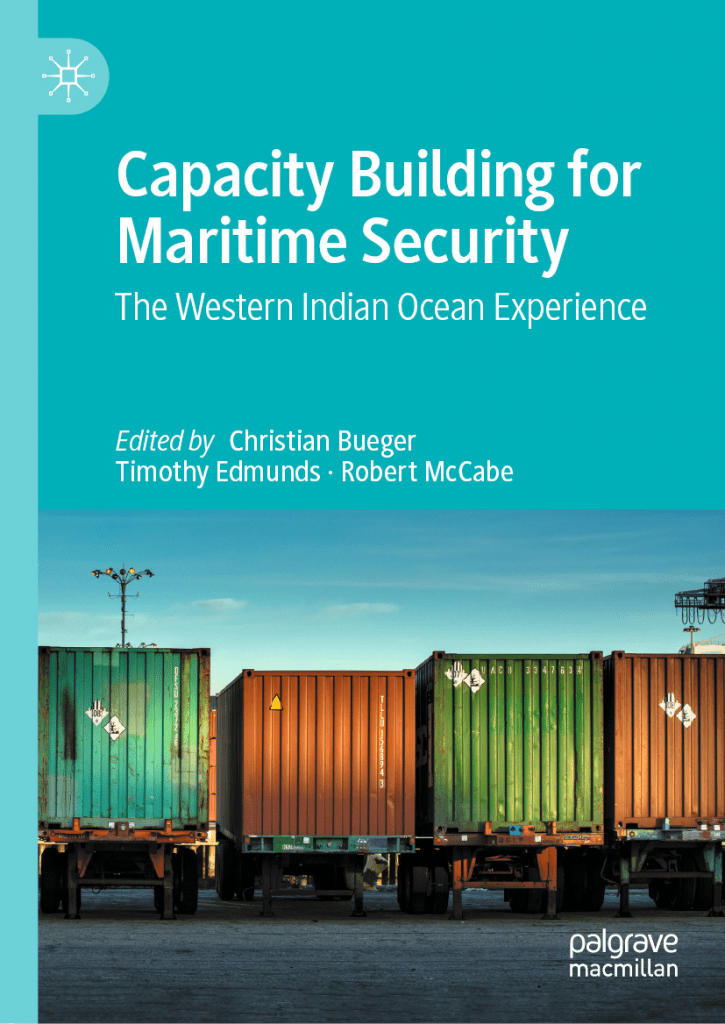
Capacity Building for Maritime Security. The Western Indian Ocean Experience. Cham: Palgrave Macmillan (ed, with T. Edmunds and R. McCabe), 2021,
This study investigates recent attempts to restructure maritime security sectors through capacity building. It proposes a new framework for understanding maritime capacity building, drawing on work in peacebuilding and security sector reform. The framework is then applied to countries from the Western Indian Ocean (WIO) region written by scholars from the Global South.
The WIO is a paradigmatic case to study maritime security and capacity building in action. Countries in the region face the full gamut of maritime security challenges, while their indigenous capacities to deal with these are often weak. In consequence, the region functions as an engine of innovation for maritime capacity building more widely. The lessons and best practices from the region have importance consequences for addressing maritime security across the globe.
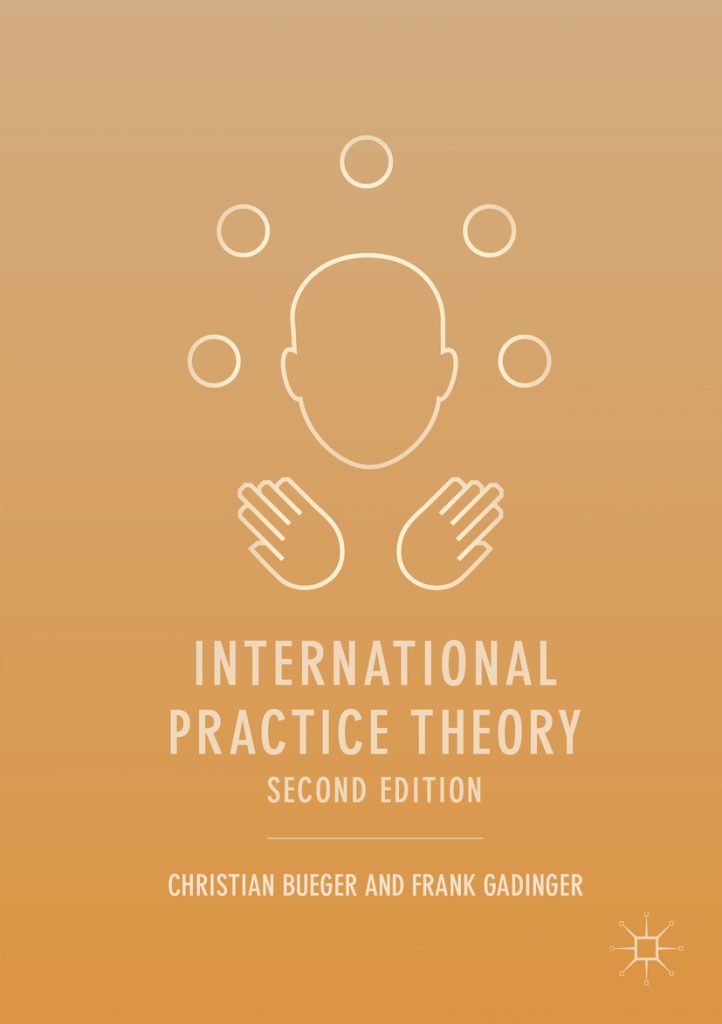
International Practice Theory, 2nd edition, Cham: Palgrave MacMillan (with F. Gadinger), 2018.
International Practice Theory is the definitive introduction to the practice turn in world politics, providing an accessible, up-to-date guide to the approaches, concepts, methodologies and methods of the subject. Situating the study of practices in contemporary theory and reviewing approaches ranging from Bourdieu’s praxeology and communities of practice to actor-network theory and pragmatic sociology, it documents how they can be used to study international practices empirically.
The book features a discussion of how scholars can navigate ontological challenges such as order and change, micro and macro, bodies and objects, and power and critique. Interpreting practice theory as a methodological orientation, it also provides an essential guide for the design, execution and drafting of a praxiographic study.

Security Expertise: Practices, Power and Responsibility, London: Routledge (ed., with TV Berling), 2015.
This volume brings together scholars to explore the power, consequences and everyday practices of security expertise. It offers the first systematic study of security expertise and opens up a productive dialogue between science and technology studies and security studies to investigate the character and consequences of this expertise.
The contributors investigate cases such as academic security studies, security think tanks, the collaboration between science, anthropology and the military, transnational terrorism, and the ethical consequences of security expertise. Together they challenge our understanding of how expertise works and what consequences it has for security politics and international relations.
This book will be of particular interest to students of critical security studies, sociology, science and technology studies, and IR/security studies in general.